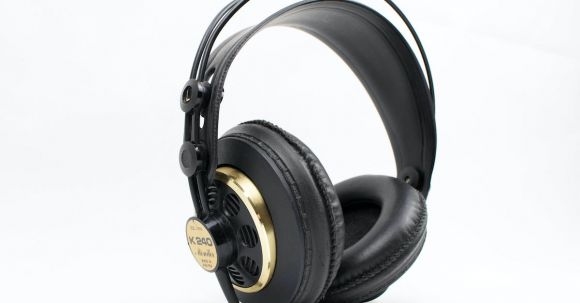In the world of headphones, there are two main types that dominate the market: wired and Bluetooth. While both offer the convenience of private listening, they differ in terms of sound quality. In this article, we will explore the factors that contribute to the difference in sound quality between the two types of headphones.
Wired Headphones: The Classic Choice
Wired headphones have been around for decades and remain a popular choice among audiophiles and music enthusiasts. One of the main reasons for their popularity is the fact that they offer a direct connection to the audio source, resulting in a more reliable and stable connection. This reliability translates into better sound quality.
The direct connection of wired headphones eliminates any potential interference that may occur with wireless signals. This means that the audio signal remains pure and unaltered, resulting in a more accurate representation of the music or audio being played. The sound produced by wired headphones is often described as being more detailed, with better instrument separation and a wider soundstage.
Bluetooth Headphones: The Wireless Convenience
Bluetooth headphones, on the other hand, offer the convenience of wireless connectivity. This means that you can enjoy your music or audio without being tethered to your device. However, this convenience comes at a cost in terms of sound quality.
One of the main factors that affect the sound quality of Bluetooth headphones is the compression of audio files. Bluetooth headphones use a technology called lossy compression, which reduces the file size of audio files by removing certain parts of the sound that are deemed less important. This compression can result in a loss of detail and clarity in the audio, especially in the high and low frequencies.
Another factor that affects the sound quality of Bluetooth headphones is the quality of the Bluetooth codec being used. Codecs are algorithms that encode and decode audio data. The most common Bluetooth codecs used in headphones are SBC (Subband Coding) and AAC (Advanced Audio Coding). While AAC generally offers better sound quality than SBC, it still falls short of the quality offered by a wired connection.
Wired vs. Bluetooth: The Verdict
In terms of sound quality, wired headphones generally offer a superior listening experience compared to Bluetooth headphones. The direct connection eliminates any potential interference and allows for a more accurate representation of the audio. The sound produced by wired headphones is often described as being more detailed, with better instrument separation and a wider soundstage.
That being said, Bluetooth headphones have come a long way in terms of sound quality. With advancements in technology, newer Bluetooth codecs such as aptX and LDAC have been developed, offering improved audio quality compared to the standard SBC and AAC codecs. However, even with these advancements, the sound quality of Bluetooth headphones still falls short of what wired headphones can deliver.
In conclusion, if sound quality is your top priority, wired headphones are the way to go. They offer a more reliable and stable connection, resulting in a more accurate representation of the audio. However, if convenience and freedom of movement are more important to you, Bluetooth headphones are a viable option. While they may not offer the same level of sound quality as their wired counterparts, they have made significant advancements in recent years and can still provide an enjoyable listening experience.




